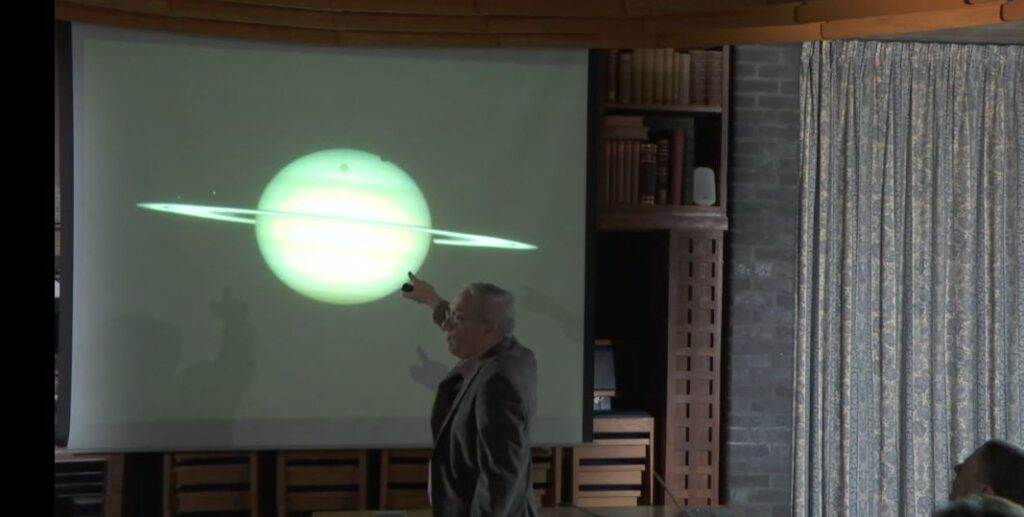
From the familiar Earth to the most remote realms of speculation, the podcast Finding Our Place in the Cosmos functions as an invitation to broaden one’s horizons. A basic premise—our location, our solar system, our galaxy—is introduced in each episode, and as it moves outward, it reveals structures so vast that the imagination finds it difficult to keep up. Re-centering the listener through the process is incredibly effective, reminding us that even our most intense conflicts are short-lived in the face of cosmic time.
The discussion of astrophysical mechanics gives way to metaphysical speculation in one episode, Our Fate in the Universe, implying that ideas of eternity can be examined from the same perspective as stellar collapse. The framing is especially novel because it crosses the lines that previously separated spiritual inquiry from scientific investigation. This series encourages us to find solace in uncertainty, much like Carl Sagan’s Cosmos did when it urged generations to find wonder in stardust.
Finding Our Place in the Cosmos – Podcast
| Podcast Title | Finding Our Place in the Cosmos |
|---|---|
| Themes | Astronomy, Philosophy, Human Significance, Space Exploration |
| Content Style | Narratives blending science, culture, and existential reflection |
| Key Contributors | Astrophysicists, authors, philosophers, researchers |
| Popular Episodes | “The Cosmos as We Know It,” “Our Fate in the Universe,” “Finding Your Way Home in Space” |
| Platforms | Spotify, Apple Podcasts, YouTube, University Podcasts |
| Special Focus | Earth’s location, life beyond Earth, cosmic perspective |
| Official Reference | https://podcasts.ox.ac.uk/our-place-cosmos |
Contributors such as bestselling author and astrophysicist Mario Livio have helped readers understand how the Milky Way fits into the larger framework of superclusters. His descriptions are incredibly lucid, highlighting the importance of preserving the delicate planet we call home while vividly illustrating how insignificant humans are. This dichotomy is especially advantageous since humility encourages accountability, and accountability generates change. When set against the backdrop of infinite scale, the frequently fractured climate conversations gain strength.
Thanks to live-streamed SpaceX missions, photos from the James Webb Space Telescope, and the symbolic orbits of celebrities, public interest in space has significantly increased over the last ten years. Finding Our Place in the Cosmos, on the other hand, maintains focus with careful contemplation while those spectacles briefly dazzle. The podcast greatly closes the gap between scientific facts and everyday life by placing astronomy alongside personal meaning, giving regular listeners a sense of inclusion in the grand narrative.
The earliest human curiosity is tapped into in episodes about extraterrestrial life. Both our desire and our fear are expressed in references to SETI, habitable exoplanets, and far-off radio signals. The conversations range greatly in tone, from lightheartedly imagining strange neighbors to soberingly reminding us that silence itself is an answer. This dual tone is evocative of Elon Musk’s lofty claims and Stephen Hawking’s admonitions, but it is anchored in a more subdued, intimate register that comes across as approachable rather than menacing.
The grounding of vastness in intimacy is one narrative device that Tim Radford’s The Address Book shares a lot with. Radford starts with his Sussex home before moving on to galaxies. Similarly, this podcast frequently begins with the human viewpoint—our neighborhood, our environment, our inquiries—and then expands outward, fusing individual orientation with boundless space. In science communication, that approach is especially novel since it makes audiences feel held rather than lost.
Because it puts human struggles into perspective rather than downplaying them, listeners frequently describe the show as soothing, even therapeutic. It is both liberating and humbling to realize that Earth is merely a tiny dot orbiting a common star in a galaxy of billions. By using that viewpoint, the podcast is able to effectively address contemporary concerns, especially those related to digital overload, political division, and climate fear.
There are many links to cultural events. Millions of people were moved by the poignancy of fragility in the midst of achievement when astronaut Chris Hadfield performed Bowie’s Space Oddity from orbit. That same emotional duality is evoked in Finding Our Place in the Cosmos: grandeur coupled with vulnerability, awe coupled with responsibility. It serves as a reminder that scientific inquiry is a profoundly human quest for understanding rather than an emotionless endeavor.
Episodes about cosmic belonging took on greater significance during the pandemic, when isolation changed people’s lives. This pale blue dot became a particularly clear reminder that we all share a common address, strengthening our bonds of solidarity. At a time when perspective was sorely lacking, that context turned astronomy from a remote science into a shared therapy.
By fusing human instinct with navigation science, episodes such as Finding Your Way Home in Space challenge viewers’ imaginations. The podcast illustrates how even sophisticated exploration depends on ideas as ancient as sailors reading the stars by examining how spacecraft like New Horizons determine their position using parallax. This continuity effectively connects the technological future with the human past, reaffirming the agelessness of our quest for direction.
This podcast has significant societal implications. It promotes empathy by normalizing cosmic reflection, which is remarkably similar to Simon Baron-Cohen’s work on empathy as the foundation of human morality. Conflicts over borders and ideologies seem insignificant when one considers the size of galaxies; the vastness of perspective greatly lessens their urgency. This change has cultural repercussions, promoting humility, cooperation, and sustainability.
Finding Our Place in the Cosmos is especially inventive because it successfully combines philosophy, science, and culture in a way that is still interesting. It offers wisdom without requiring expertise. It does not hold back when it comes to technical details, but it manages to translate intricacy into stories that are incredibly powerful for both young listeners and seasoned intellectuals.
The importance of these podcasts will increase in the upcoming years as probes venture into icy moons like Europa or Titan and Artemis missions bring humans back to the Moon. They prepare society for the emotional burden of discovery as well as for technological advancements. Finding microbiological life or signals from far-off civilizations will require more than just equations; it will require introspection, which is what this podcast is all about.
Finding Our Place in the Cosmos is ultimately a compass, not just a source of amusement. It places listeners in an age-old tale of curiosity by fusing astronomy with introspection. Every episode reaffirms that awe is a tool for navigating everyday life rather than an escape from it. Where are we, why are we here, and what lies beyond are timeless questions that underpin the show’s enduring appeal. Its gift is in reminding us that these questions are not merely theoretical but deeply human.
